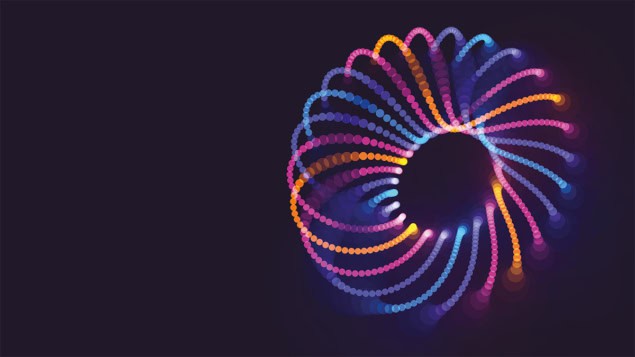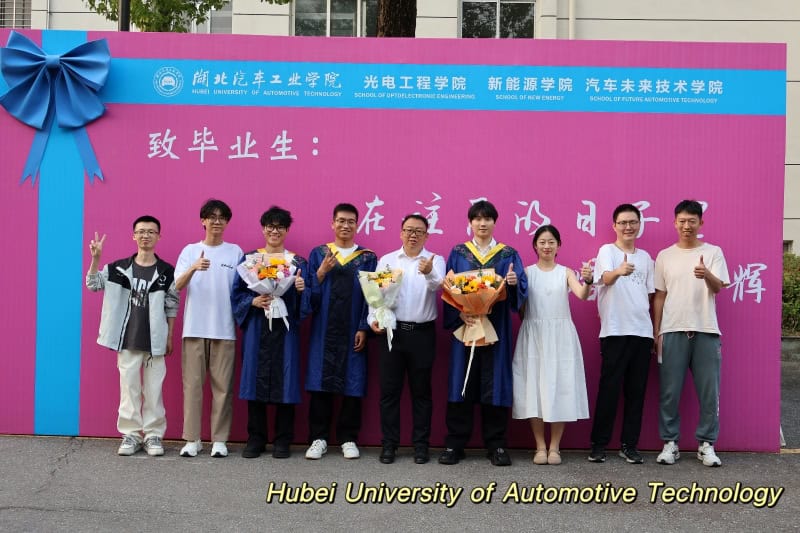This study introduces a chiral two-mode Lipkin-Meshkov-Glick model using acoustic cavities, enabling the simulation of exotic quantum phenomena like time crystals and long-range spin interactions on a novel hybrid platform

The Lipkin-Meshkov-Glick model is a theoretical framework used to describe systems of many interacting spins in an external magnetic field. It has been widely applied to study quantum phase transitions, entanglement, and collective spin behaviour. When extended to two modes, the model allows particles to tunnel between two degenerate energy levels, offering insights into quantum systems with multiple states.
In this study, the authors propose a chiral two mode version of the model using a pair of surface acoustic wave cavities. The chirality in the system preserves the separation between the two modes and prevents them from mixing. By applying specially designed chiral optical drives, the researchers are able to simulate long range asymmetric spin interactions.
This setup enables the simulation of complex quantum phenomena such as time crystal behaviour and ion trap like interactions, without the need for traditional trapping techniques. The work presents a novel approach to engineering and exploring chiral quantum systems using acoustic hybrid platforms.

Read the full article
Realization of Chiral Two-Mode Lipkin-Meshkov-Glick Models via Acoustics
Yuan Zhou et al 2024 Rep. Prog. Phys. 87 100502
Do you want to learn more about this topic?
Time crystals: a review by Krzysztof Sacha and Jakub Zakrzewski (2018)
